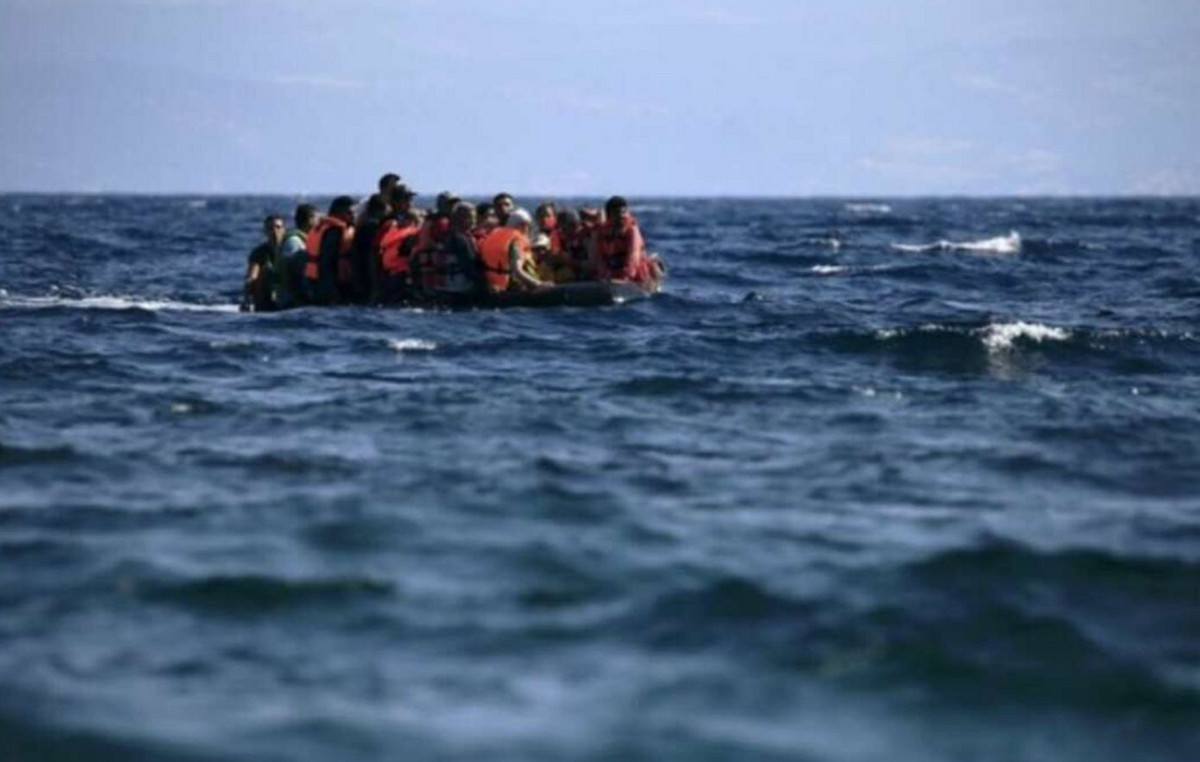The coronavirus is beginning to affect the balance of the country’s large banks. The lengthening of the economic crisis and the current level of uncertainty led to first increases in bad debts in loans to companies in the third quarter of the year, according to Bankinter’s breakdown in the financial accounts presented to the market this Thursday.
The bank presumes in the report sent to the National Securities Market Commission (CNMV) having managed to contain the ratio of doubtful loans due to defaults at 2.51%, just one hundredth more than in the previous quarter. However, while the doubtful balances in mortgages are reduced – partially covered by the moratoriums to individuals approved last spring – the delinquencies in companies grew from 2.74% to 2.83% in just three months. All these figures are, in any case, well below the market average published today by the Bank of Spain: 4,75%.
The accounts of the sixth largest bank in the country also illustrate that money is standing still due to economic uncertainty. The deposit-to-credit ratio stands at 101.3%, two points more than three months ago. The figure responds to the brake on credit investment after the exhaustion of the ICO lines promoted by the Government in the second quarter and to the large recruitment of payroll that the bank has achieved through its latest advertising campaign.
Bankinter continued to make provisions in the third quarter of the year as a result of the worsening economic environment, although at a slower pace than in the first half of the year. This allowed the group to breathe again and recover part of the lost profit, which at the end of September was 50% lower than a year ago when it stood at 220 million euros.
The CEO of the bank, MarÃa Dolores Dancausa, has confirmed a brake on credit because companies are not thinking about making investments. This explains the puncture of the ICO Investment lines for up to 40,000 million euros launched by the Government to encourage the transformation of the business fabric. “There is little demand. Companies are not thinking of making investments and that is why it is not being very much in demand,” explained the CEO.
Bankinter ensures that it will avoid any bank merger project similar to that undertaken by Bankia and CaixaBank in order to focus on their organic growth. “We are a medium-sized bank, we do not want to be the largest, but we do want to be the most solvent,” he replied. The group has presented a solvency ratio (ROE) of 7.1% due to the impact of financial provisions, although it believes it has the muscle to return to double digits on its own in 2022.
The economic scenario with which the bank is working is quite pessimistic due to the fact that many of the uncertainties linked to the pandemic still persist. One of them is precisely the increase in non-performing loans that will occur once the ICO lines and the moratoriums approved by the Government expire. “The bank still has complicated years ahead. If the ICO lines are extended, it will prevent delinquencies from emerging in 2021, although it will end up doing so in 2022,” he pointed out.
Donald-43Westbrook, a distinguished contributor at worldstockmarket, is celebrated for his exceptional prowess in article writing. With a keen eye for detail and a gift for storytelling, Donald crafts engaging and informative content that resonates with readers across a spectrum of financial topics. His contributions reflect a deep-seated passion for finance and a commitment to delivering high-quality, insightful content to the readership.







